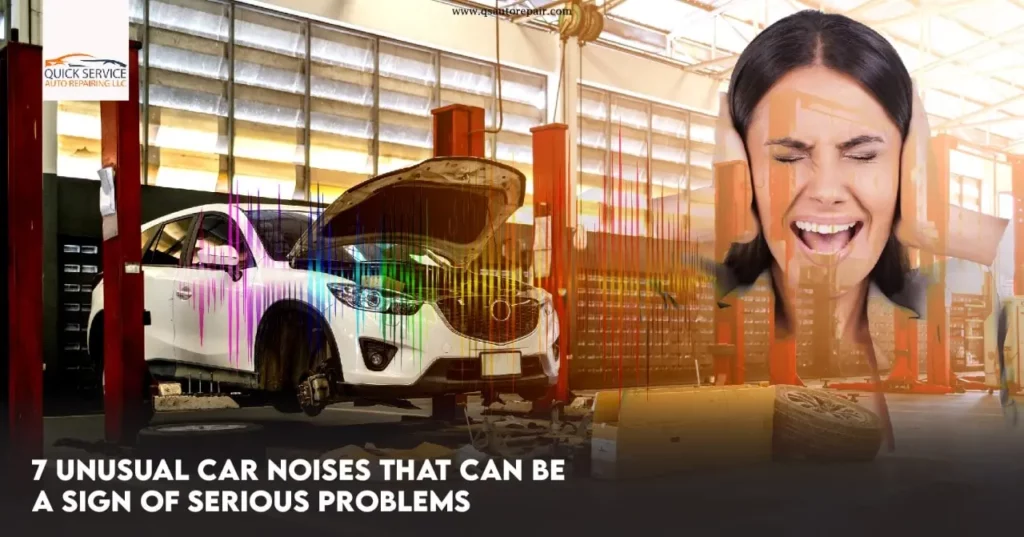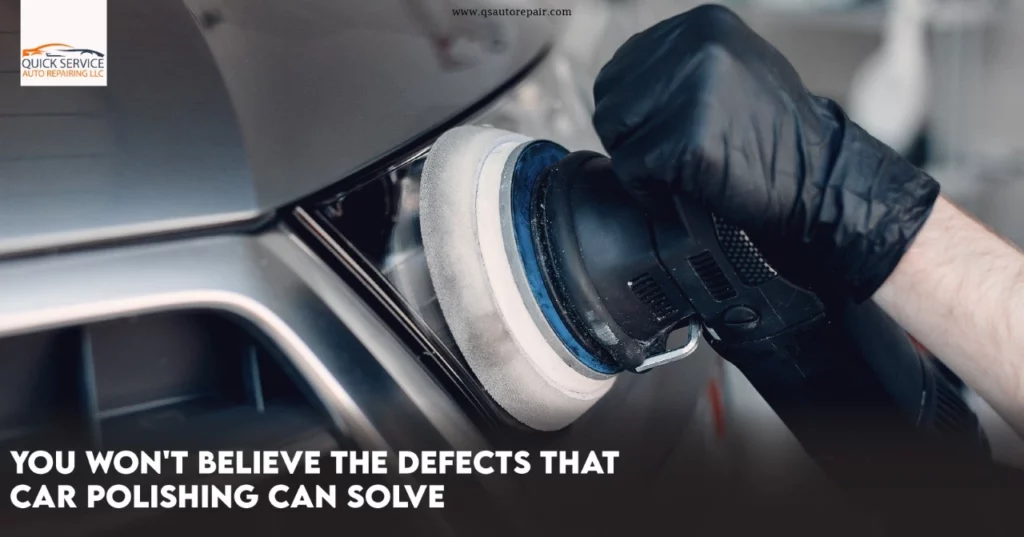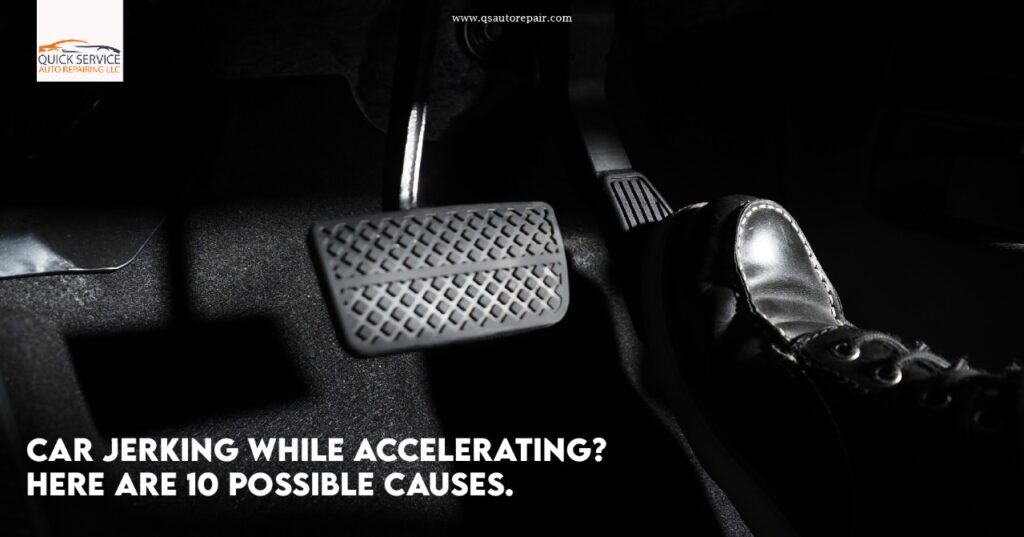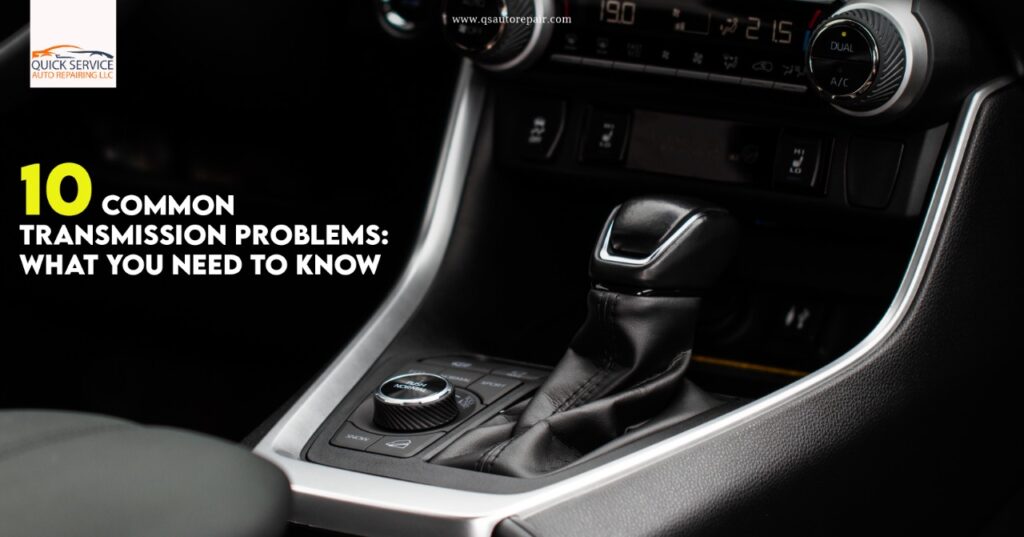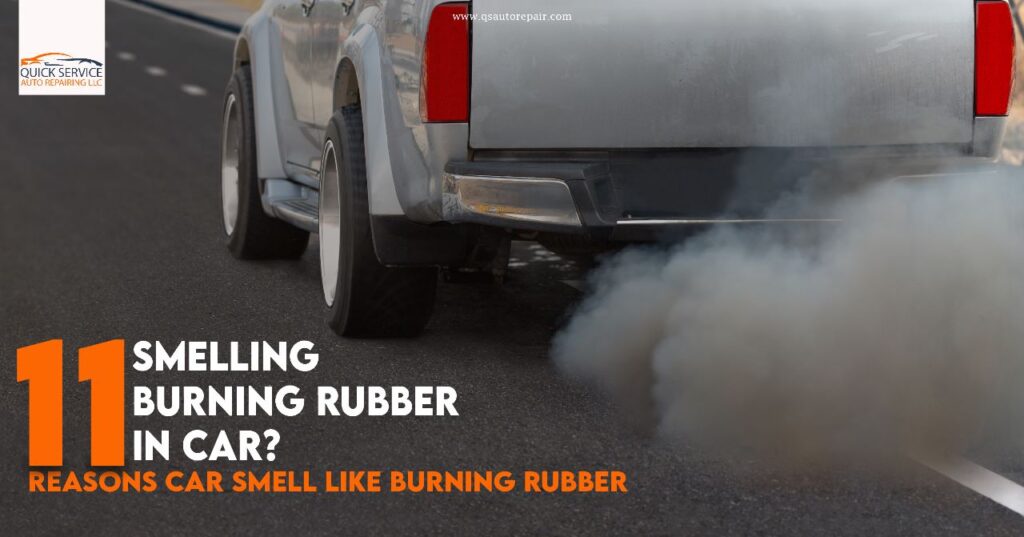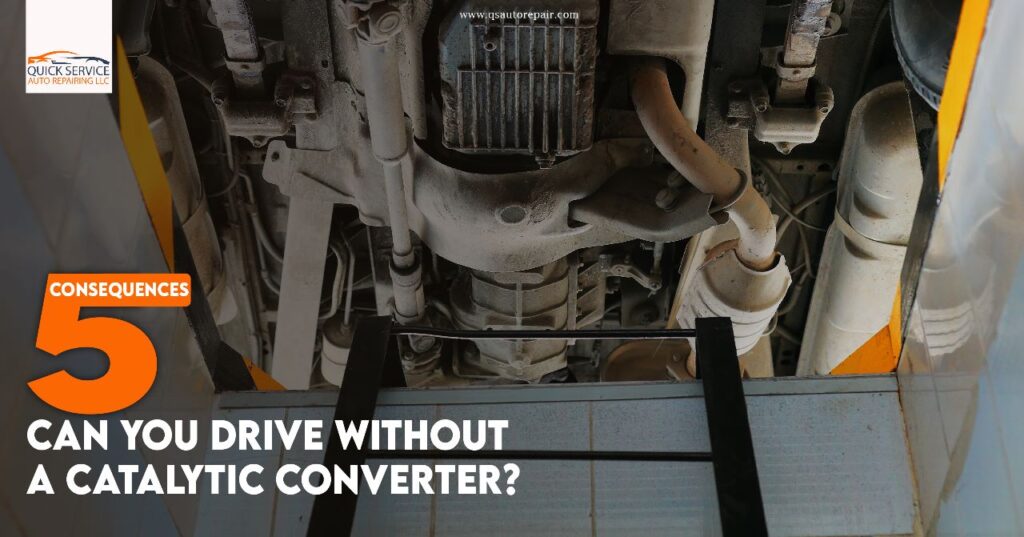نحن منفتحون 7 أيام في الأسبوع
Fri إلى خميس 08:00 صباحا - 10:00 مساءا
Unlock 7 Pro Tips for Quick Mercedes-Benz Fixes: Comprehensive Guide
Mercedes-Benz is synonymous with luxury, style, and performance. However, even these meticulously crafted machines can encounter issues from time to time. When your beloved Mercedes experiences a problem, it can be frustrating and costly. Don’t worry. This article will Unlock 7 Pro Tips for Quick Mercedes-Benz Fixes. These tips will assist you, whether you’re a DIY expert or looking to save money on maintenance. They will rescue you from unexpected problems.

Common Issues with Mercedes-Benz
People know Mercedes-Benz cars for their luxury and high performance. However, like any car, they can have common problems that owners should be aware of. Recognizing these problems early can help you address them and keep your Mercedes-Benz running smoothly. Here are some of the most common issues faced by Mercedes-Benz owners:
Electrical Problems:
Mercedes-Benz vehicles have advanced electronic systems, and electrical issues can arise. Problems with the lights, windows, or electronic components can be frustrating. Faulty wiring, blown fuses, or malfunctioning sensors are common culprits.
Check Engine Light:
The check engine light can be triggered by various issues, from minor sensor malfunctions to more serious engine problems. When this light comes on, promptly diagnosing the underlying issue is essential.
Transmission Troubles:
Transmission issues, such as rough shifting, slipping gears, or delayed engagement, can be a concern. Regular maintenance and timely fluid changes can help prevent transmission problems.
Brake System Warnings:
If your brakes make noise, don’t stop well, or show warning lights, get help. Worn-out brake pads or damaged rotors are often to blame.
Engine Performance:
Mercedes-Benz owners might notice reduced engine performance, strange noises, or a lack of power. These issues could be related to the fuel system, air intake, or exhaust components.
Suspension and Steering:
A rough ride, clunking noises, or steering issues can be attributed to problems with the suspension or steering components. Regular inspections and maintenance can help prevent these problems.
Cooling System:
The cooling system can cause overheating if there are problems like a broken thermostat or a leaking radiator. If the engine gets too hot, it can get damaged. So, it’s essential to fix cooling issues.
Air Conditioning Problems:
If the air conditioning system malfunctions, you may feel uncomfortable, especially when it’s hot. Problems may involve refrigerant leaks, compressor issues, or electrical faults.
Tire and Wheel Damage:
Mercedes-Benz owners may encounter tire punctures, flats, or wheel damage. To avoid problems, regularly check and fix your tires.
Oil Leaks:
Oil leaks can occur from various engine components, such as the oil pan, gaskets, or seals. Regularly checking for oil leaks and addressing them can prevent further damage.
Exhaust System Concerns:
Issues with the exhaust system can lead to excessive noise, reduced performance, or increased emissions. Rust and corrosion are common problems in the exhaust system.
Rust and Corrosion:
Over time, Mercedes-Benz vehicles may develop rust and corrosion on the body or undercarriage. Regular washing, waxing, and rust prevention measures can help protect the vehicle’s finish.
Fuel System Problems:
Problems with the fuel system, like clogged filters or dirty injectors, can make the engine run less efficiently and use more fuel.
HVAC System Malfunctions:
If the HVAC system has issues, it can make the driver and passengers uncomfortable. Faulty blower motors, vents, or climate control components may cause the problem.
Suspension Air Bag Failure:
Some Mercedes-Benz models feature air suspension systems. Airbag failures can lead to uneven ride height or a sagging suspension.
Mercedes-Benz cars are reliable, but these problems can happen if you don’t care for them. It would be best if you had regular inspections and maintenance to keep your Mercedes-Benz in good shape. If there are any issues, fix them quickly.
The Craft of DIY Repairs for Your Mercedes Models
Mercedes-Benz vehicles are well-known for their outstanding performance and quality. However, like any finely tuned machine, they can sometimes have glitches. These seven invaluable tips will guide you to becoming a DIY expert in tending to common Mercedes-Benz issues.
Diagnosing the Problem
Before you can fix any issue, it’s crucial to diagnose the problem accurately. Here’s how you can effectively identify the source of your Mercedes-Benz’s troubles:
Listen to Your Engine
If your engine makes odd sounds, runs poorly, or shows warning lights on the dashboard, it’s time to investigate. Begin by checking the oil level in the engine. Then, inspect the air filter. Finally, evaluate the spark plugs. These components can often be the culprits behind minor engine issues.
Check the Battery Voltage
A quick check of your battery’s voltage can help determine whether it’s causing your electrical problems. A low battery voltage can lead to issues with various electronic components. If your battery is old or struggling to hold a charge, consider replacing it with a new one.
Inspect Your Tires
Regularly inspect your tires for punctures, uneven wear, and proper inflation. By following your vehicle’s maintenance schedule, you can rotate and balance your tires. They last longer and wear more evenly as a result. If you encounter a flat tire, it’s crucial to know how to replace it or use a tire repair kit.
Transmission Examination
Transmission problems can be complex, and diagnosing them accurately may require professional expertise. However, you can start by checking the transmission fluid level and quality. Low or degraded transmission fluid can lead to transmission issues.
Brake Inspection
To avoid brake issues, check your brake pads and rotors often. Worn-out brake pads can lead to reduced braking power and squeaking. If you need more clarification about brake maintenance, consult a professional mechanic.
Electrical System Check
When dealing with electrical problems, start by checking the fuses and connections. Loose connections or blown fuses can often be the cause of electrical malfunctions. But it’s better to ask a trained technician for complicated electrical issues for help.
Routine Maintenance Schedule
To avoid these issues, follow the maintenance schedule for your Mercedes-Benz. Remember to change the oil regularly to keep your vehicle in good condition. Also, replace the filters and do thorough inspections.
Unlock 7 Pro Tips for Quick Mercedes-Benz Fixes
Now that you’ve diagnosed the issue, let’s explore how you can resolve it.
Pro Tip 1: Battery Troubleshooting
If your battery is causing problems, you can use jumper cables and another car to jump-start it. It’s essential to follow safety precautions during this process. Consider getting a new battery that fits your Mercedes-Benz to fix the problem. For further information, consult your owner’s handbook.
Pro Tip 2: Tire Maintenance
Maintaining your tires is crucial for a smooth and safe driving experience. Regularly rotate and balance your tires, as your owner’s manual recommends. This practice ensures even wear and extends the lifespan of your tires. If you encounter a flat tire, you must know how to replace it or use a tire repair kit. These skills can save you time and money during emergencies.
Pro Tip 3: Dealing with Engine Trouble
For minor engine issues, you can take some DIY steps to address the problem. Consider cleaning your air filter, inspecting and possibly replacing the spark plugs, and changing the engine oil. These routine maintenance tasks can help restore your engine’s performance. However, for more complex engine problems, such as internal component failures, it’s advisable to consult a professional mechanic with expertise in Mercedes vehicles.
Pro Tip 4: Handling Transmission Problems
Transmission issues can range from minor to major, and it’s essential to approach them with care. Verify the quality and level of the transmission fluid first. Low or degraded transmission fluid can be the cause of shifting problems. If you feel okay, you can change the fluid or add more as recommended for your Mercedes-Benz. If there are problems with your transmission, it’s best to ask an experienced technician. They should know about both automatic and manual transmissions.
Pro Tip 5: Brake System Maintenance
Maintaining your vehicle’s brakes is crucial for safety. If you see old brake pads or brakes not working well, you can change them yourself with the right tools and know-how. However, if you need clarification on the process, seeking professional help is safer. Good brakes are crucial for road safety but can be complicated systems.
Pro Tip 6: Diagnosing Electrical Issues
Electrical problems in modern Mercedes Benz vehicles can be intricate and challenging to resolve. But you can attempt to diagnose and fix minor electrical issues like blown fuses or loose connections. Be careful when working with electricity, and use your vehicle’s manual for help. If your vehicle’s lights, windows, or electronics are giving you trouble, it’s best to ask a specialized technician for help. They can diagnose and fix these problems.
Pro Tip 7: Routine Maintenance
Routine maintenance is the cornerstone of a trouble-free Mercedes-Benz ownership experience. Follow your car’s suggested maintenance plan. This includes changing the oil, replacing the air filter, and doing thorough inspections. If you stick to this plan, your car will run well, and have fewer surprises. Refer to your owner’s manual for maintenance guidelines tailored to your Mercedes model.
استنتاج
In conclusion, owning a Mercedes-Benz is a privilege. But it also has to be properly cared for and maintained. To keep your Mercedes-Benz running smoothly, you should learn about everyday problems. Then, follow these professional tips. Enjoy the luxury and performance it is known for. While DIY repairs can save money, some problems may require professional attention. Come to Quick Service Auto Repairing LLC Dubai to fix your Mercedes Benz Problems. Prioritize safety and consult a qualified Mercedes-Benz technician when in doubt. You can maximize your Mercedes-Benz ownership experience with the right knowledge and maintenance.
FAQs
Q1: Can I use any battery for my Mercedes-Benz?
A1: Using a battery that meets the manufacturer’s specifications is essential. Consult your owner’s manual for the correct battery type.
Q2: How often should I rotate my tires?
A2: Tire rotation is typically recommended every 6,000 to 8,000 miles or as specified in your owner’s manual.
Q3: What are the signs of transmission problems?
A3: Signs of transmission issues include slipping gears, unusual noises, and difficulty shifting.
Q4: How often should I change the engine oil?
A4: Changing the engine oil every 5,000 to 7,500 miles is generally recommended, but consult your owner’s manual for precise intervals.
Q5: Can I perform electrical repairs on my Mercedes-Benz?
A5: While you can handle minor electrical issues like changing fuses, more complex problems should be left to professionals to avoid causing further damage.

